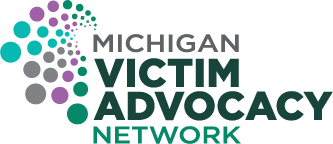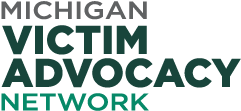Combating Ageism is Combating Abuse
May 2021
Originally published by National Clearinghouse on Abuse in Later Life
“Ageism refers to how we think, feel, and act towards ourselves or others based on age. Ageist ideas are often ingrained and systemic, inhibiting people’s objectivity and influencing decisions at the micro (individual/family), meso (organization/community), and macro (government/societal) levels of human interaction. As such, the impact of ageism is pervasive. In 2018, bias against older workers cost the U.S. economy an estimated $850 billion in gross domestic product (GDP). Ageism negatively affects older adults’ ability to access health care, and leads to poor outcomes in mental and physical health, including a shorter life expectancy. And, perhaps most importantly, ageism intersects with and exacerbates other forms of oppression, including those related to sex, race, and disability.
While the micro-level risk factors for abuse in later life are well known – social isolation, poor physical or mental health, and dependence on others for care, among others – the macro-level impact of ageism is harder to quantify. Negative attitudes and stereotypes towards older people dehumanize them in a range of ways. Studies have shown that both younger and older people have negative ideas about what aging means. When we spend our lives being bombarded by cultural messaging that equates youth with beauty, success, and worth, it seems impossible not to start to internalize it at some level.”

